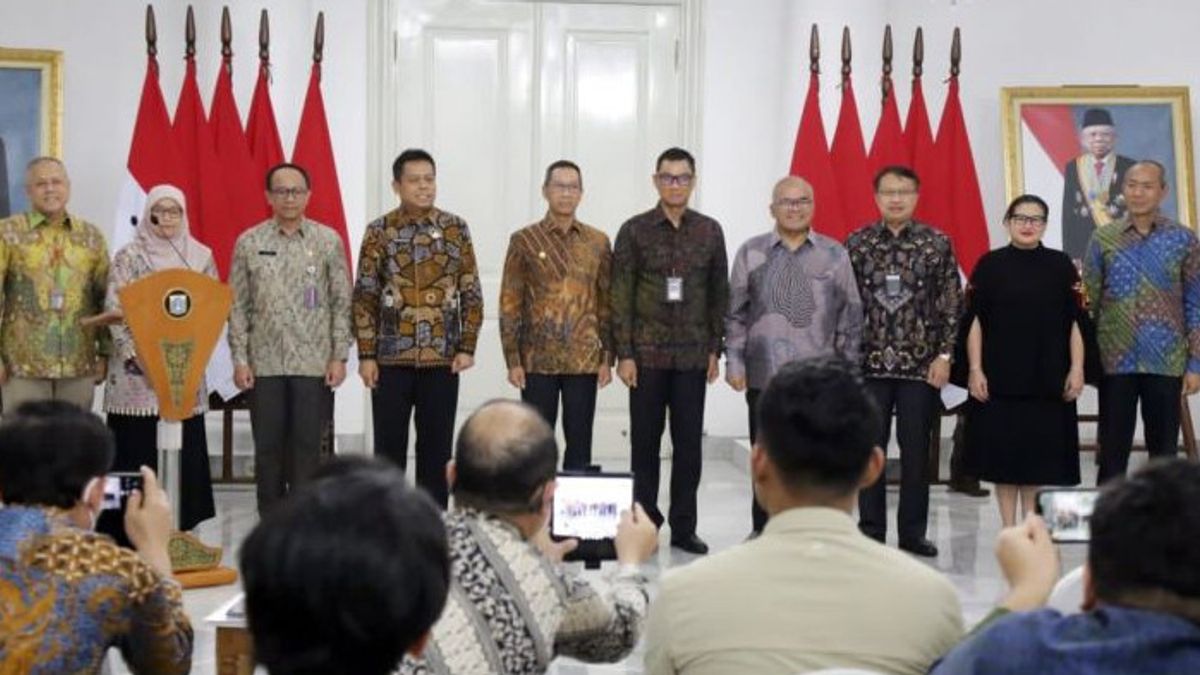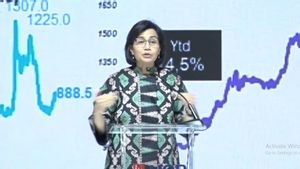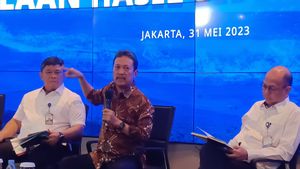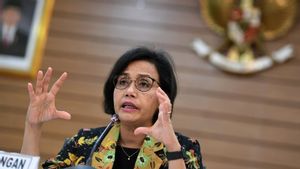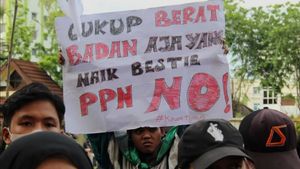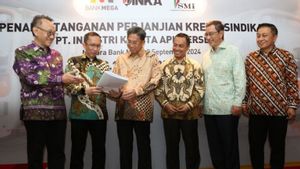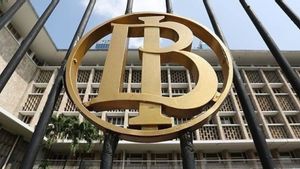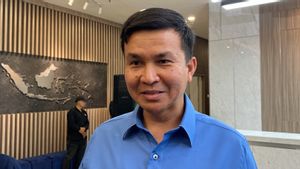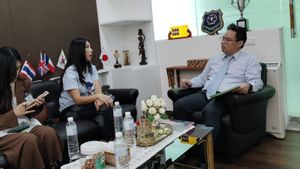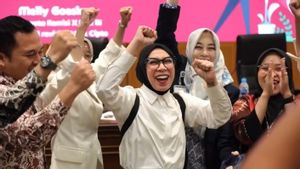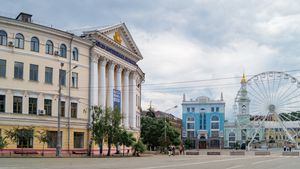JAKARTA - PT PLN (Persero) with the DKI Jakarta Provincial Government (Pemprov DKI) signed a Joint Agreement (KB) to process the waste of the city of DKI Jakarta into Dense Jumputan Fuel (BBJP).
Through this collaboration, it is hoped that the waste problem in Jakarta can be reduced and PLN will get certainty in the supply of biomass for co-firing technology at Steam Power Plants (PLTU).
BBJP is a waste treatment process that goes through treatment, disbursement so that it becomes a Refuse Derived Fuel or (RDF) which is used as a substitute for some coal in PLTU.
PLN President Director Darmawan Prasodjo explained that in order to reduce carbon emissions, PLN conducts coal substitution in PLTU with biomass or called co-firing technology. The use of waste into co-firing raw materials is also one of PLN's strategic initiatives to pursue the energy mix target.
"This collaboration is a strategic step to build a clean energy supply chain. Moreover, BBJP is based on waste. So that apart from getting confirmation of the supply of biomass for PLTU, the DKI Jakarta Provincial Government can also solve city waste problems," said Darmawan.
Darmawan explained that in producing 1 ton of BBJP, 3 tons of waste is needed. In one day, PLN needs 1,000 tons of BBJP, so that the DKI Provincial Government can process 3,000 tons of waste every day. Later, biomass from this waste will be used to supply needs at PLTU Lontar, Suralaya, Labuan, Pelabuhan Ratu and Indramayu.
Not only reducing the volume of waste that is buried, through waste management to BBJP, PLN and the DKI Provincial Government can reduce carbon emissions. This is because waste located in the Waste Disposal Site (TPS) emits its own emissions. Meanwhile, when converted into biomass co-firing, waste actually plays a role in reducing carbon emissions in PLTU.
"Well, we compare 1 kwh of electricity from coal, the emissions are 1000 grams per kwh, from zero BBJP emissions. Because this is a recycled technology, if it is not recycled, the waste emissions will be released into the atmosphere. So it is better if we make biomass that can suppress carbon emissions at the PLTU," explained Darmawan.
Throughout 2022 yesterday, PLN was able to reduce carbon emissions by up to 580 thousand tons through this co-firing technology. This year PLN targets to reduce emissions by 860 thousand tons and 10 million tons of emission reduction by 2030.
Meanwhile, Acting Governor of DKI Heru Budi Hartono explained that the DKI Jakarta Provincial Government has the main target of reducing city waste. This collaboration with PLN has become a tit for the DKI Provincial Government to solve the city's waste problem.
"Through this collaboration, the DKI Provincial Government and PLN jointly solve waste problems. With PLN's support, the continuous problem of Jakarta's waste is that we can solve it little by little," said Heru.
Heru explained that in carrying out waste management in Jakarta, the DKI Provincial Government is also required to carry out an efficient strategy. Through this collaboration, the DKI Provincial Government is able to reduce the operational costs of waste management and instead become something that has economic value.
اقرأ أيضا:
"In resolving this waste, we must be efficient and reduce costs. With this collaboration, we are able to reduce the cost burden for the waste processing process," said Heru.
Just so you know, cooperation with the DKI Provincial Government is not PLN's first attempt to ensure the supply of biomass. Previously, PLN had also collaborated with 12 local governments and provincial governments in the country. PLN also synergizes with other SOEs to ensure the supply of biomass.
Currently, PLN has implemented co-firing technology at 37 PLTUs and is targeted to be 42 PLTUs this year. For this reason, PLN requires a supply of 1 million tons of biomass by 2023. By 2025, PLN will implement this technology at 52 PLTUs with a supply requirement of 10 million tons.
"Therefore, we are open to the widest possible opportunities for cooperation," concluded Darmawan.
The English, Chinese, Japanese, Arabic, and French versions are automatically generated by the AI. So there may still be inaccuracies in translating, please always see Indonesian as our main language. (system supported by DigitalSiber.id)
